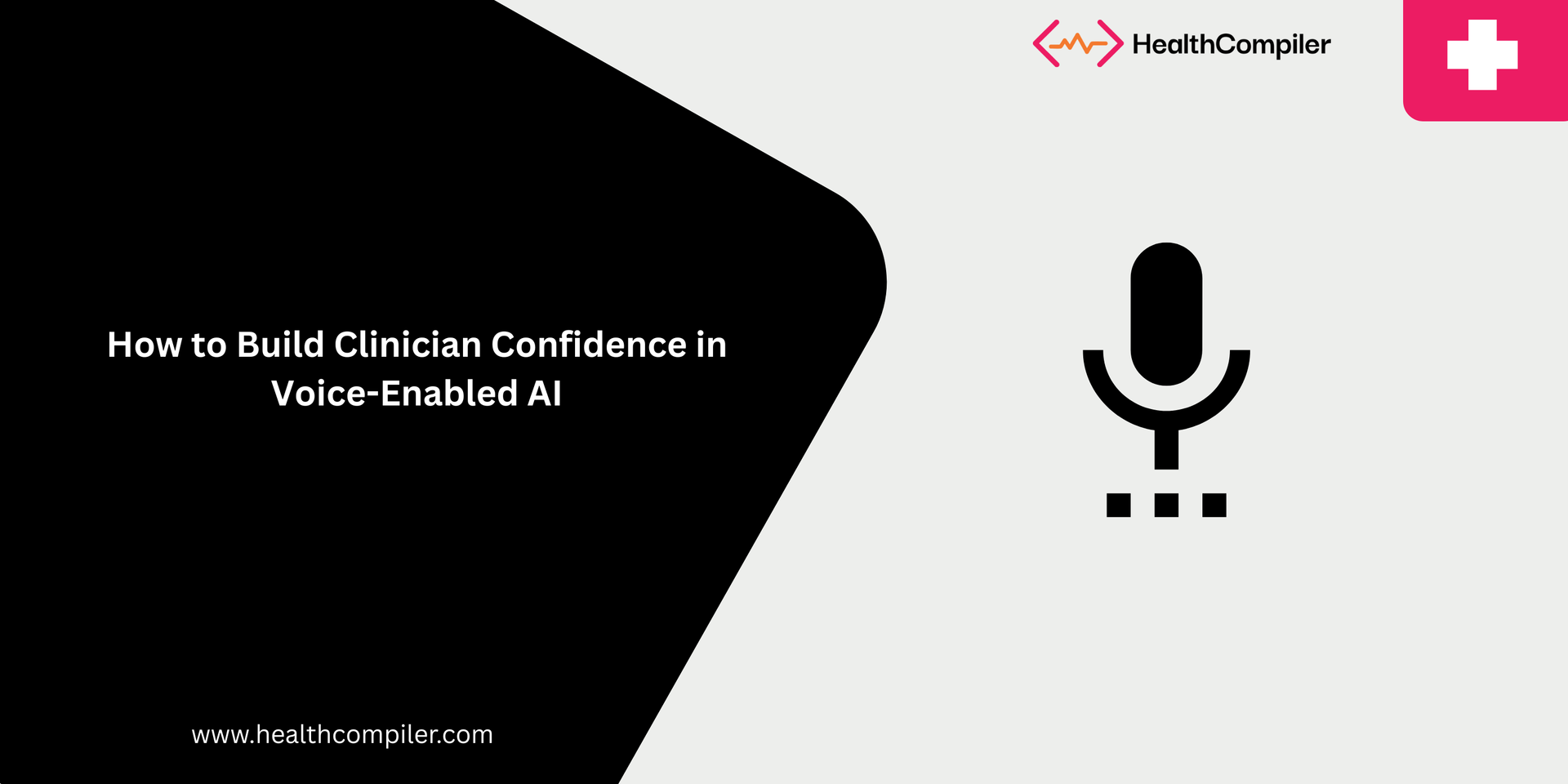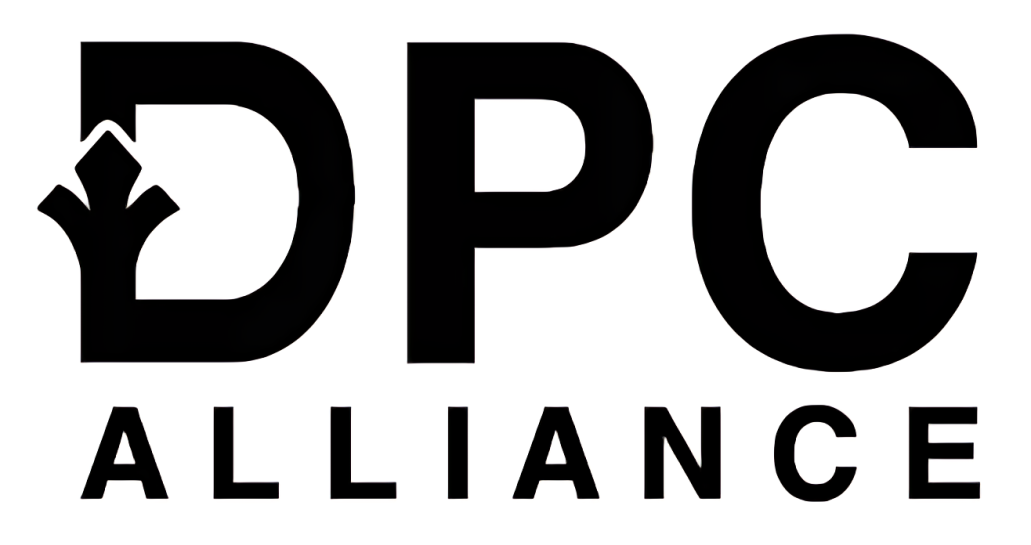How to Build Clinician Confidence in Voice-Enabled AI

Artificial intelligence is reshaping healthcare faster than any other industry, and one of its most transformative applications is voice technology. AI voice agents for healthcare are no longer futuristic; they’re quietly becoming part of daily workflows, easing administrative load, and helping clinicians focus on what matters most: patient care.
But for all their promise, healthcare voice assistants can only make a difference when clinicians trust and adopt them. Building that confidence requires more than a great algorithm, it calls for empathy, clarity, and collaboration.
Let’s explore how to build that trust and make voice-enabled AI a true partner in care.
The Promise of Voice Assistants in Healthcare
The rise of voice assistants in healthcare is part of a broader digital transformation in healthcare, where automation, data analytics, and AI tools are streamlining the patient experience and reducing clinician burnout.
AI voice platforms are now used for:
- Scheduling and patient coordination
- Prescription refills and appointment reminders
- Documentation and note-taking during visits
- Patient triage and follow-up calls
The benefits of AI voice agents go far beyond convenience. By automating repetitive, low-value tasks, they allow clinicians to spend more time listening to patients, not typing into EHRs or chasing voicemails.
To see how voice-enabled AI is already transforming Direct Primary Care practices, read our related blog: Voice AI Agents for Direct Primary Care.
Why Clinician Confidence Matters
Technology succeeds in healthcare only when it feels human. Clinicians have legitimate concerns, accuracy, security, and the potential for technology to disrupt patient relationships.
If these worries aren’t addressed early, even the best-designed AI voice platforms for healthcare scheduling can fail to gain adoption.
Confidence begins with understanding: clinicians need to know how the system works, what data it captures, and how it supports (rather than replaces) their judgment.
Trust also builds through experience. The first time an AI voice agent correctly schedules a follow-up or documents a conversation verbatim, skepticism starts to fade. Over time, those small wins compound into lasting confidence.
Building Trust in Voice-Enabled AI
Here’s how healthcare organizations can build confidence among clinicians:
- Start with Transparency: Explain clearly how the AI voice agent collects, stores, and uses data. Show clinicians what’s behind the curtain.
- Prioritize Simplicity: Voice tools should fit seamlessly into existing workflows, not demand new ones. The less friction, the faster the trust.
- Show Measurable Impact: Demonstrate tangible benefits, reduced documentation time, shorter scheduling queues, fewer missed calls. Real numbers speak louder than product demos.
- Include Clinicians in the Loop: Invite feedback during rollout. When clinicians co-create the solution, they’re more likely to embrace it.
- Train with Empathy: Confidence grows through familiarity. Provide live demos, ongoing support, and quick ways to report errors or improvements.
The Human Side of Digital Transformation
Every new wave of digital transformation in healthcare challenges old habits. The key is remembering that AI should never aim to replace human connection, it should enhance it.
When clinicians feel that a voice assistant reduces frustration, helps patients faster, and improves the rhythm of care, trust naturally follows. The goal isn’t to make medicine more mechanical, but more meaningful.
Final Thoughts
Voice-enabled AI isn’t just another tech upgrade, it’s a quiet revolution in how clinicians work. With the right design, training, and transparency, AI voice agents for healthcare can shift from being a novelty to an everyday ally.
At Health Compiler, we help healthcare organizations make that shift confidently. Our analytics and automation solutions bring together voice, data, and intelligence to simplify operations while keeping care at the center.
Because when technology listens, and clinicians trust it, better care follows.




